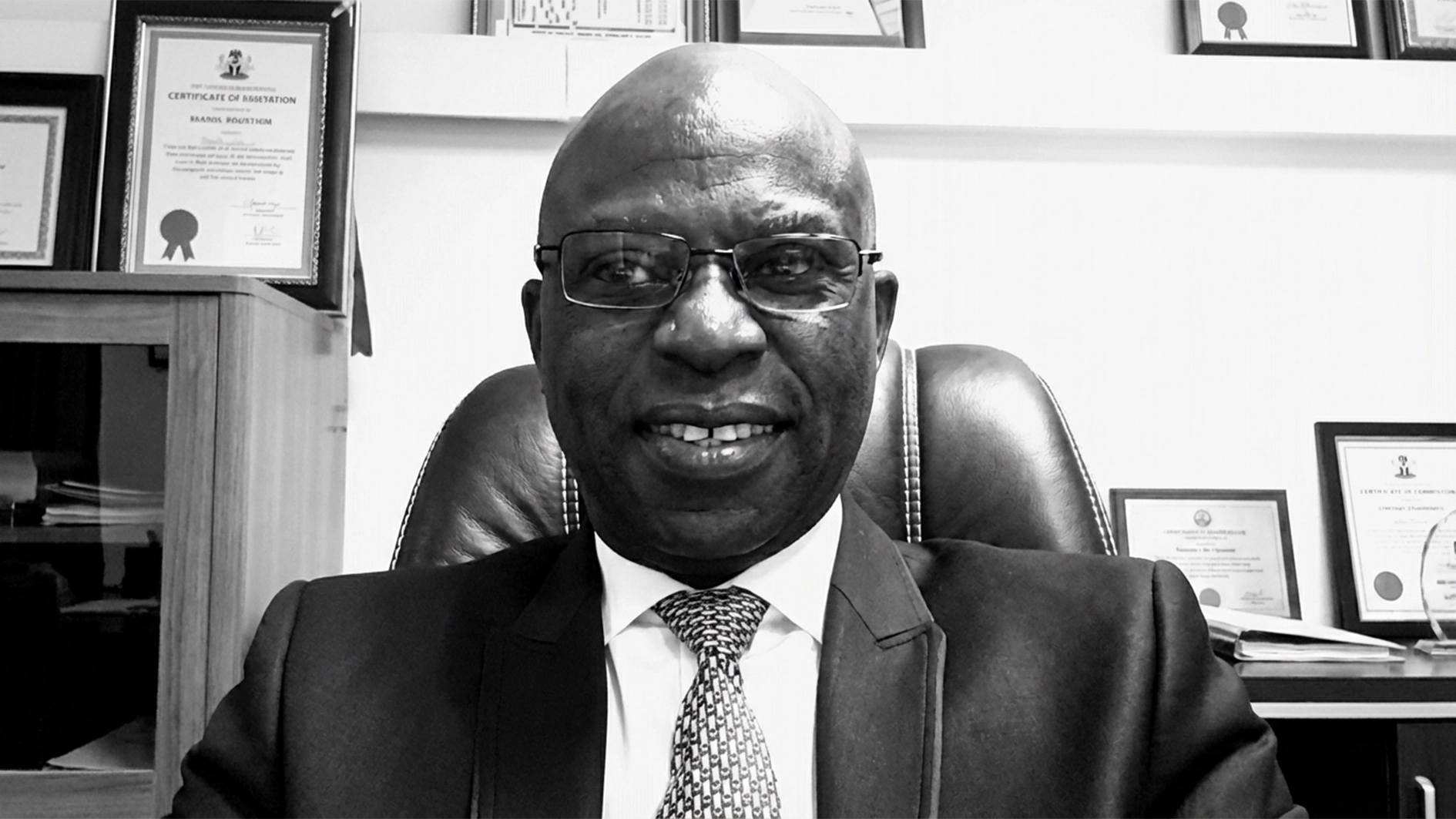
Airlines on the African continent have amassed a total of $311 million bailout funds from governments’ bailout funds, but conspicuously missing among the “aviation-friendly nations” is Nigeria.
Although the Federal Government has since May pledged to support the local sector with at least N27 billion in loans and grants, the sector is yet to receive the pledge despite resumption of flight operations.
The International Air Transport Association (IATA), Wednesday, urged the government, among others, to unblock bottlenecks so that urgently needed financial relief pledged for air transport and tourism reaches the distressed businesses it is meant to help, and implement safe restart to aviation.
IATA, in an update on bailout progress on the African continent, noted that Rwanda, Senegal, Côte D’Ivoire, and Burkina Faso accounted for a total of $311 million in direct financial support to air transport.
A further $30 billion has been promised by some governments, international finance bodies and other institutions including the African Development Bank, African Export Import Bank, African Union and the International Monetary Fund (IMF) for air transport and tourism.
However, much of the relief is yet to reach those in need due to institutional bureaucracy, complex application and creditworthiness processes, as well as cumbersome conditions to secure finance.
As a consequence of the pandemic and associated restrictions, African airlines are forecast to lose $2 billion in 2020. Without urgent financial relief, the industry is at risk of collapse, putting about 3.3 million jobs and $33 billion in African GDP in jeopardy.
IATA’s Regional Vice President for Africa and the Middle East, Muhammad Albakri, said while the airlines appreciate the pledges, governments and lenders need to urgently un-choke the bottlenecks so that the money can flow quickly, otherwise it will be too late to prevent closures and job losses.
“There will be no point re-opening the borders and skies if there is no industry left to speak of that is capable of supporting trade and tourism, which are the key components of any thriving economy,” Albakri said.
IATA added that resuming aviation safely in Africa was essential to get the continent’s economies up and running. With African governments tentatively planning and considering the resumption of regional and intercontinental scheduled passenger flights, IATA is advocating harmonised adoption of the ICAO Take-Off guidance, which outlines recommended biosafety measures.
These include adequate physical distancing, wearing face masks or coverings, enhanced sanitation and disinfection, health screening, contact tracing and the use of passenger health declaration forms. It also calls for testing, where rapid and reliable testing is available.
“To instill public confidence and avoid repeating the mistakes made after 9/11 – which created disjointed airport security measures – governments and local authorities must adopt ICAO’s biosafety measures in a harmonised fashion and implement them consistently and diligently. This will also ensure that air travel is able to support the revival of economies without becoming a vector for spreading COVID-19,” Albakri said.
So far, Benin, Ethiopia, Ghana, Kenya, Rwanda, Senegal and Tanzania have allowed or announced the imminent resumption of scheduled international passenger flights. Combined, they account for 19 per cent of passenger traffic on the continent.
Air Transport is at the core of the Travel and Tourism value chain. Combined the sectors support the livelihood of 24.6 million people across the continent, contribute $169 billion to Africa’s economy and represent 7.1 per cent of the continent’s GDP.
Air transport has helped make globalisation possible. This has contributed to successfully lifting more than one billion people from poverty since 1990, and aviation continues to facilitate this by contributing to 15 of the 17 UN Sustainable Development Goals.
“Containing the pandemic is the top priority. But without a lifeline of funding to keep the sector alive, and a roadmap to restart aviation safely as soon as possible, the economic devastation of COVID-19 could take Africa’s development back a decade or more.
“Aviation supports livelihoods, trade, education, good health and wellbeing, quality education, reduces hunger and poverty and ensures access to essential medical supplies and humanitarian aid, as proven throughout this crisis. Without an air transport industry, the people of Africa are at risk of not being able to realize their dreams and aspirations,” Albakri said.






